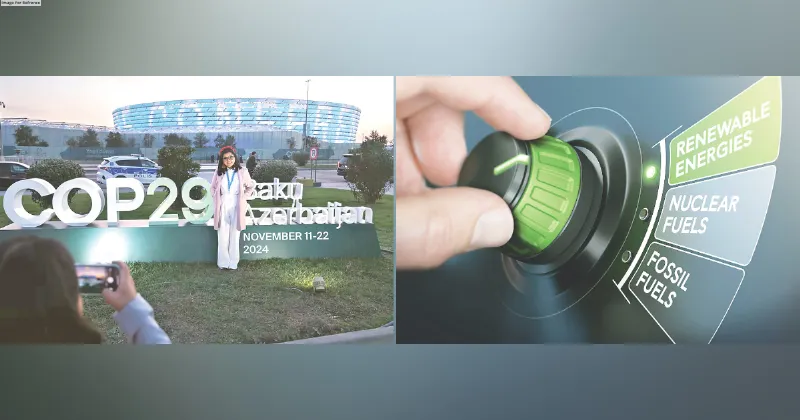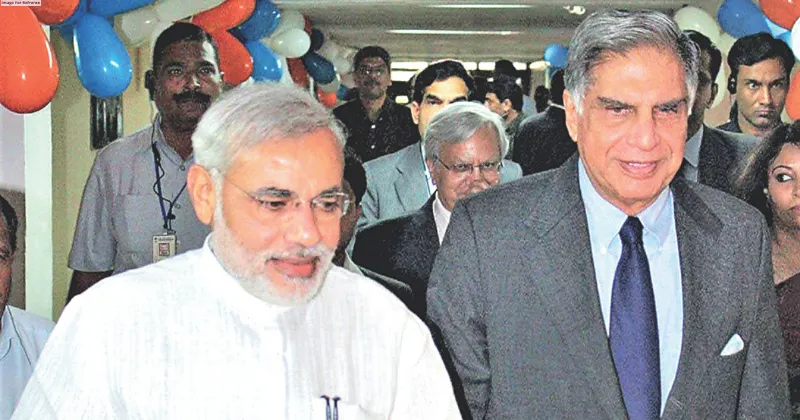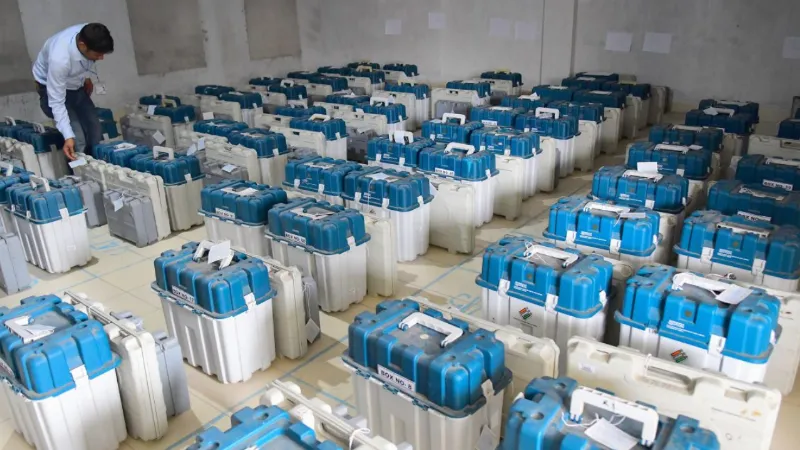TRANSFORMING LIVES AND BUSINESSES

The true sign of intelligence is not knowledge but imagination. Artificial Intelligence (AI) is no longer confined to the realms of science fiction; it is a transformative reality that is shaping our world in profound ways. From small-time shopkeepers to professionals, homemakers, farmers, governments, and large manufacturing companies, AI is leaving its mark across various sectors of society. We have to be conscious of the fact that now machines can think (human trait) and this seemingly small thing can have an everlasting impact. The purpose of human intelligence is to combine a range of cognitive activities to adapt to new circumstances. The goal of artificial intelligence (AI) is to create computers that can behave like humans and complete jobs that humans would normally do.
SMALL SHOPKEEPERS
Small-time shopkeepers are finding new opportunities and efficiencies through AIdriven technologies. According to a study by Deloitte, 81% of small retailers believe that AI and machine learning have the potential to enhance customer experiences. AI-driven Shopping and checkout-free technology will be transforming the shopping experience. We will witness a no-human-touch shopping experience. Small shops can also benefit from AI inventory management systems, which analyze sales data predict sales, and automatically restock items.
PROFESSIONALS ON THE JOB
Professionals across various industries are experiencing significant improvements in productivity and decision-making thanks to AI. For instance, IBM’s Watson Health uses AI to assist doctors in diagnosing diseases, achieving a 96% accuracy rate in certain cases. In the legal sector, ROSS, an AI-powered legal research tool, has reduced research time by up to 30%, enabling lawyers to serve clients more efficiently. Xgenplus email platform allows users to compose email with AI by giving simple prompts and get the whole email written automatically.
HOMEMAKERS
AI is becoming an integral part of our homes, enhancing convenience and efficiency. Approximately 31% of U.S. households use smart speakers, according to Statista. Virtual assistants like Google Home, AI Pin, Siri, and Alexa can manage tasks and answer questions. Meanwhile, Nest Learning Thermostats, equipped with AI, have saved users up to 15% on cooling and 10-12% on heating costs. AI-powered appliances, such as smart refrigerators, adapt to usage patterns, minimizing energy consumption. Soon we will witness automatic temperature settings based on the time of the year and person available in the room, as with time these machines will learn the behaviour and predict accurately. A good example could be AC automatically switching to heater mode at 24-degree temperature as soon as winter starts.
FARMERS
AI is revolutionizing agriculture by making farming practices more data-driven. According to a report by Markets and Markets, the precision farming market is expected to reach $12.9 billion by 2025. AIdriven drones and sensors monitor crop health, and John Deere’s AI-enhanced tractors can autonomously plant, weed, and harvest crops. This technology not only increases yields but also reduces resource usage, making farming more sustainable. AIpowered drones and satellites can monitor crop health by analyzing data on temperature, moisture levels, and nutrient content in real time.
GOVERNMENT
Governments are leveraging AI to improve public services and decision-making. For example, the State of California saved over $9 million in fraudulent unemployment claims using AI-driven fraud detection systems. AI traffic management systems in Singapore have reduced traffic jams by 25%, saving commuters 1.5 million hours of travel time annually. Additionally, AI in law enforcement, such as facial recognition, has helped identify criminals more efficiently. We recently witnessed real-time translation of our Hon’ble PM’s speech in multiple Indian languages through the Bhashni platform, showing the high impact of AI where language barriers are being broken.
MANUFACTURING COMPANIES
The manufacturing industry is being transformed by AI, with profound impacts on efficiency and quality. According to the Boston Consulting Group, AI could add up to $15.7 trillion to the global economy by 2030, with manufacturing being a significant contributor. Companies like Tesla have deployed AI-powered robots in their factories, increasing production rates and product quality. Predictive maintenance with AI has led to a 20-50% reduction in unplanned downtime across various industries. AI-powered robots can work alongside human employees, improving productivity and handling repetitive or dangerous tasks. We could save human life and avoid incidences where human life gets trapped in manholes or tunnels or mines.
CONCLUSION
AI’s influence on our lives and society is indisputable, and the numbers and examples speak for themselves. From enhancing customer experiences in small shops to diagnosing diseases with remarkable accuracy, improving energy efficiency in our homes, and revolutionizing farming and manufacturing, AI is at the heart of these transformative changes.
THE VIEWS EXPRESSED BY THE AUTHOR ARE PERSONAL
Dr Ajay Data The writer is Co-Chair FICCI ICT and MD — Data Group





















